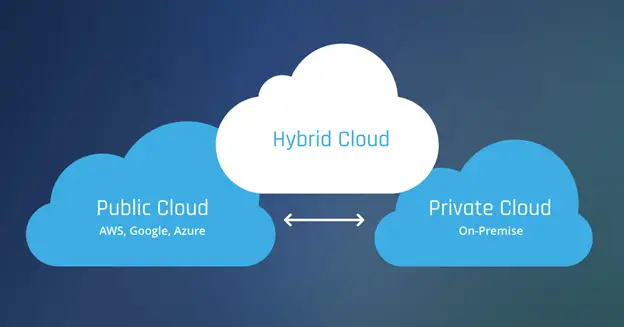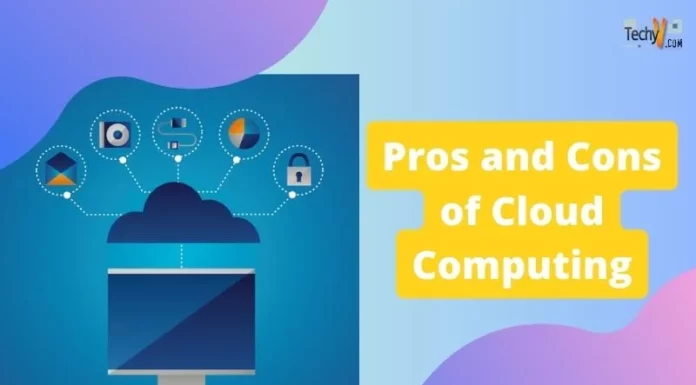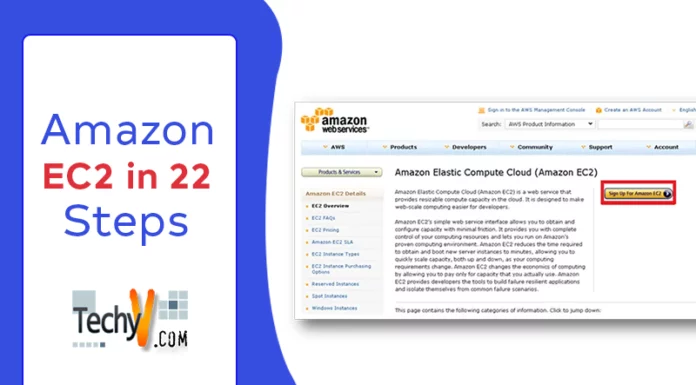Most modern firms now operate only with their data stored in the cloud. Utilizing cloud storage has various advantages, including, but not limited to, a considerable decrease in data loss, cost-effective operation, and scalability. But it is crucial to consider the sometimes overlooked drawbacks of cloud storage options to decide whether cloud-based solutions are ideal for one’s needs.
1. Vulnerability
The majority of PCs and servers that save data require an internet connection. Cloud solutions are internet-based, which means they are linked to other computers and servers. A storage sector is susceptible to hacking unless air-gapped (it has never been linked to the internet). How true this depends mainly on the storage option in question. You or your company depend on the data stored on cloud servers. However, if the cloud storage provider does not employ robust encryption, technically adept criminals may be able to hack and compromise that data.

2. Data Trust
When picking a cloud storage provider, one must have a certain level of confidence because the data is quite precious to those who store it. While many cloud solutions providers assert that they will protect your data from hackers, they frequently fail to mention that they have access to it and might sell it to third parties for marketing purposes.

3. Rely On A Network Connection
Nowadays, if our internet access is interrupted, even for an hour, our thoughts become highly stressed and frustrated. Being so dependent on the internet, service interruptions might have disastrous effects. While the files are on redundant servers and the cloud storage provider has internet connection problems, the data synchronization will likely lag, slow down, or even become temporarily inaccessible. If you have data stored in the cloud, you won’t be able to access it even if you have an internet connection.

4. Control Restriction
The vendor is now in charge of the data once you’ve moved it to the cloud. This implies that you must rely on the vendors to maintain their services safely, stable, up-and-running, and fully functional. This drastically reduces the impact on data security and accessibility, with the storage vendor responsible for all dependability aspects.

5. Variable Performance
It will become more challenging for you to access the data from the cloud service provider if they face regional issues or a DDOS attack. Even if the vendor is well equipped to handle this scenario, they will need more time to fix it. Additionally, the state of servers is frequently in doubt. For people who depend on access to their essential data, irregular performance when saving data and retrieving it back on demand might be problematic.

6. Cost
Although cloud storage options are usually cost-effective, they could not be available for short-term or very small-scale projects, depending on the cloud vendor. You can be on the hook for 18 more months than you need, which is not financially feasible if your demand for data storage is for six months, but the vendor’s minimum offer is two years.

7. Migration
The ability to switch to another cloud service has grown much less well than other aspects of cloud storage. As a result, many clients continue to find this scenario to be quite tricky. Although several of these options are currently unavailable, you may migrate your data to another solution if you discover that one needs to address your needs adequately. If there are such options, they might be pricey. As a result, additional expenses are now necessary, most often in the form of signing a deal with a second cloud-storage vendor while being bound by the terms of the first.

8. Compliance With Regulations
The ability of other sectors to store essential data on the cloud is far more constrained. Unfortunately, they are frequently the sectors with the most need for this kind of solution. For instance, HIPPA (Health Insurance Portability and Accountability Act) compliance forces businesses that handle patient data to be cautious about the security of digital patient records. Only cloud storage options with the highest levels of security protection may be trusted by financial organizations. When penalties, fines, and lawsuits are imposed because authorities think it necessary for specific criteria for data protection, your company will be the target, not the cloud provider.

9. Longer Recovery Times
One of the best aspects of having data stored internally is the ability to retrieve data more quickly due to proximity. Data access takes longer when you store it on the cloud. In other circumstances, the difference may not even be noticeable, but it is a big deal when speedy data retrieval is essential.

10. Limited Assistance
Even when using a simple, rapid, and secure cloud solution, problems can occur because every user and business has different wants and specifics. Support for cloud storage is one of the main difficulties there. Many vendors rely on automated online assistants, knowledge base articles, and FAQs instead of having experienced live people available around the clock. This can become a tedious, time-consuming, and irritating experience for people with less technical skills.



















